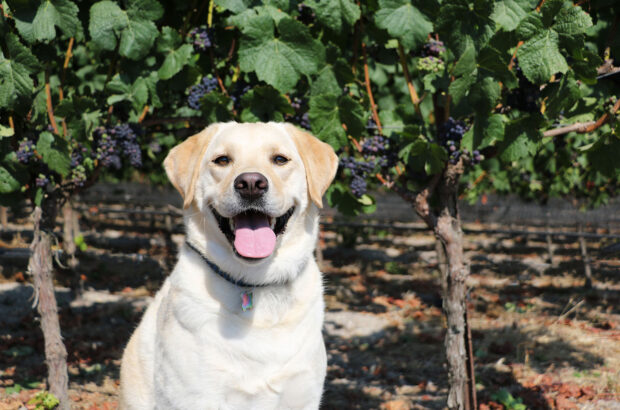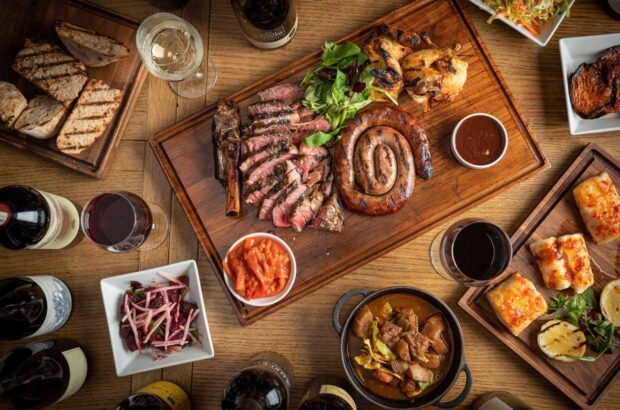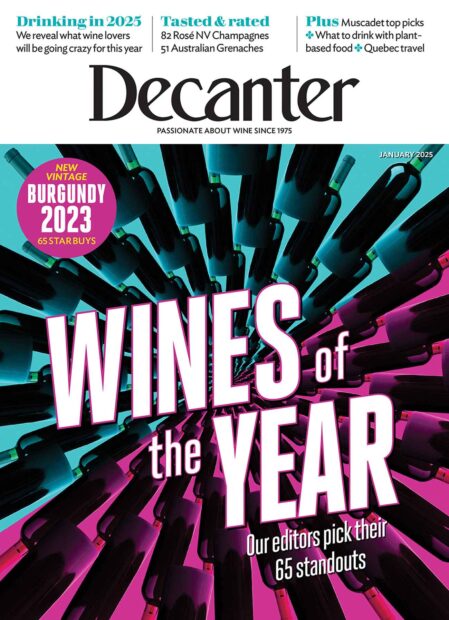Best glass for Riesling
M Peeters, Antwerp, asks: ‘Recently I visited the Rheingau and was on a couple of occasions served my Riesling in a Burgundy-shaped glass, which surprised me. Is this a common practice, and why?’
Anne Krebiehl replies: It’s not surprising that winemakers want to show off the olfactory pleasures of Riesling.
Served in a bigger, Burgundy-style glass, the wine surface exposed is bigger, allowing more volatile compounds to rise as you swirl.
More slender glasses bundle these, especially in delicate wines, but why not get a bigger aromatic hit, especially when it’s an expressive, bigger style?
Riesling, in comparison to Chardonnay, has more varietal aromas, especially of a group known as terpenes.
Terpenes are everywhere in nature: in citrus peel, herbs and flowers, and some of these very same compounds, among numerous others, are found in Riesling.
Depending on the most minute differences in soil and site aspect, they come in a beguiling spectrum and get even headier with age. Burgundy-style glasses capitalise on that.
-
Read more notes and queries every month in Decanter magazine. Subscribe to the latest issue here
-
Got a question for Decanter’s experts? Email us: editor@decanter.com or on use #askDecanter on social media.

Dishwasher-safe glasses – ask Decanter
It's always a bit scary to put your precious wine glasses in the dishwasher. Xavier Rousset MS gives Decanter some

Champagne fizz fading – ask Decanter
My Champagne never seems to have much fizz...

Quiz: Best way to serve wine
Serving wine is a fine art: different glasses for different wines, to decant or not to decant. See this quiz







